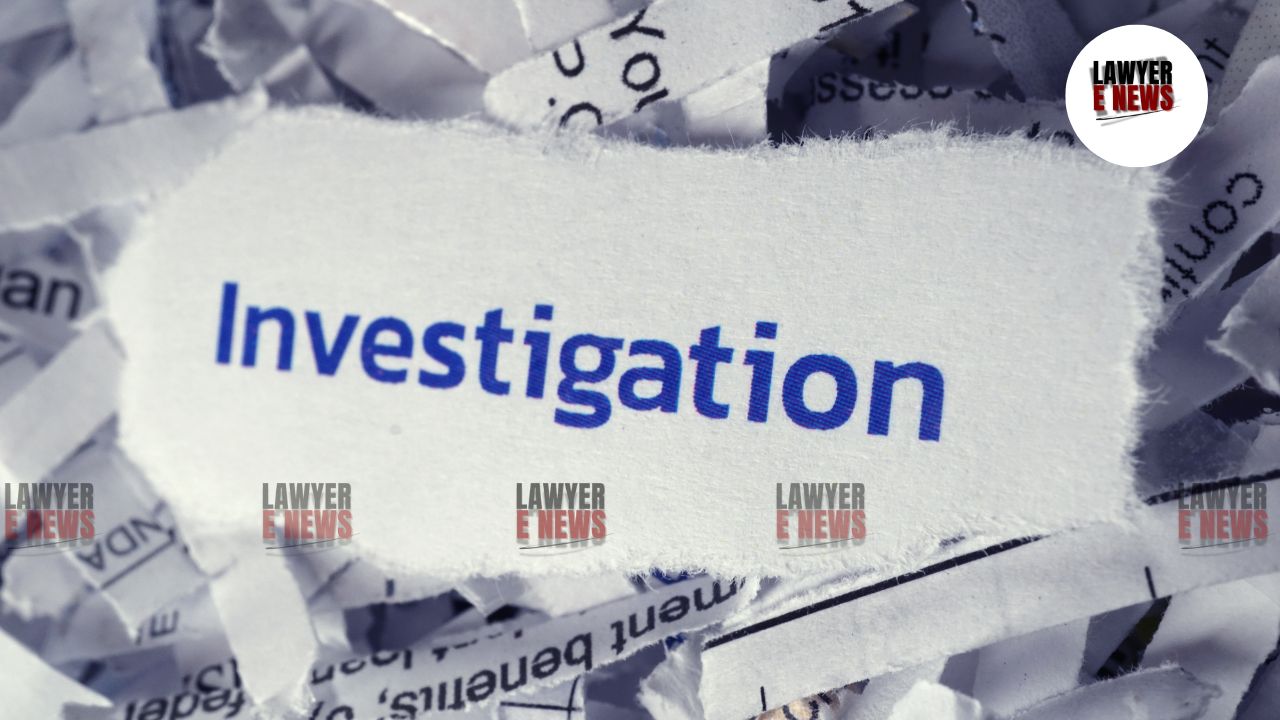-
by Admin
15 February 2026 5:35 AM



Police must act impartially; victims of social boycotts must not be ignored, " Supreme Court on Dalit Social Boycott Case. Supreme Court of India passed a significant order in the case of Jai Bhagwan & Ors. v. State of Haryana, involving allegations of a social boycott of Dalit individuals by a dominant caste in Haryana. The Court ordered an independent investigation into the allegations, emphasizing the need for impartiality in handling sensitive cases involving marginalized communities.
The case revolves around the failure of the local police to properly investigate a social boycott imposed on Dalit residents, raising serious concerns about bias and negligence. The Court's intervention came after the petitioners argued that critical evidence was ignored, and no arrests were made despite a clear violation of legal protections under the Indian Penal Code (IPC).
The case arose from an alleged social boycott of Dalits in Haryana, where members of a dominant caste community reportedly called for a boycott in a public meeting. Despite complaints filed by 28 victims, the police investigation was lackluster. Only one of the 28 complainants was named as a witness, and several accused individuals were given a clean chit without sufficient inquiry. The chargesheet filed in August 2017 by the Haryana police did not reflect the seriousness of the allegations, as only one witness was relied upon, while evidence such as video footage of the boycott meeting was excluded.
The petitioners argued that the police selectively included witnesses hostile to the Dalit community and failed to procure important documents like Scheduled Caste certificates of the victims, which would have strengthened the case under sections 153A (promoting enmity between different groups) and 505 (public mischief) of the IPC.
The central legal issue concerned the failure of law enforcement to protect the rights of Dalits, who are constitutionally guaranteed protection from social discrimination under the Scheduled Castes and Scheduled Tribes (Prevention of Atrocities) Act, 1989. The petitioners contended that the police deliberately overlooked evidence and failed to secure necessary sanctions for prosecution under sections of the IPC that dealt with hate speech and incitement.
Further, the case brought into focus the duty of the police to act impartially in cases involving marginalized communities and the need for effective investigations into crimes that undermine social harmony.
In its earlier hearing on May 14, 2024, the Court issued a rule, noting the police’s claim that normalcy had returned to the area, but took into account the petitioners' concerns regarding the inadequate investigation. The Court expressed its dissatisfaction with the police's handling of the case, stating:
"It is disturbing that despite clear evidence of a public call for a social boycott, the police failed to arrest a single individual and left out key evidence such as video recordings provided by the victims."
The Court emphasized the importance of a fair investigation, particularly in cases where social prejudices might influence the actions of law enforcement authorities. To this end, the Court ordered an independent investigation by two retired Directors General of Police (DGPs)—Shri Vikram Chand Goyal and Mr. Kamlendra Prasad—both former senior police officers from Uttar Pradesh, to assess the current situation and review the previous investigation.
The Supreme Court directed the independent investigation team to submit a status report within three months, outlining not only the current situation but also any additional measures that need to be taken to ensure justice for the victims. The Court clarified that the trial would proceed concurrently with the investigation, ensuring that the delay in justice is minimized.
The Court's order also stipulated that the State of Haryana must provide full logistical support to the investigators, including financial and administrative resources, to facilitate a thorough inquiry. The Court highlighted that while the trial could move forward, the investigation must also take stock of whether justice has been served to the Dalit victims or whether further legal action is warranted.
The Supreme Court’s order to initiate an independent probe into the alleged social boycott of Dalits in Haryana marks a significant step towards ensuring that marginalized communities are not denied justice due to prejudiced or incomplete investigations. The Court’s directive reflects its concern about the failure of local police to act impartially and underscores the judiciary’s role in upholding the rights of socially disadvantaged groups.
This case now awaits the outcome of the independent investigation, which will play a crucial role in determining whether the existing chargesheet and ongoing trial are sufficient to deliver justice to the victims of this social injustice.
Jai Bhagwan & Ors. v. State of Haryana & Ors.
Listed After Three Months For Hearing
